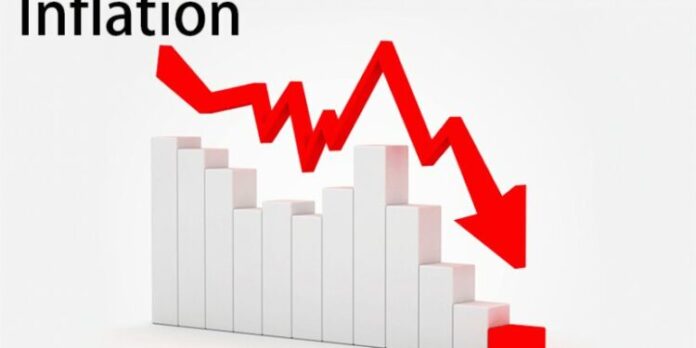Ghana’s year-on-year inflation rate declined sharply to 13.7% in June 2025, down from 18.4% in May, according to new data released by the Ghana Statistical Service (GSS) on Tuesday, July 2.
The latest figure marks the sixth consecutive monthly decline in inflation and the lowest rate recorded since December 2021, underscoring sustained disinflationary momentum across the economy.
Government Statistician, Dr. Alhassan Iddrisu, attributed the significant moderation in headline inflation to a notable drop in food prices and a general softening of price pressures across key consumption categories.
“For the first time in a while, we observed deflation on a month-on-month basis, with general price levels falling by 1.2% between May and June 2025. This trend provides consistency and assurance of a real, sustained shift in prices,” Dr. Iddrisu stated at a press briefing in Accra.
Food inflation slowed markedly by 6.5 percentage points to 16.3%, from 22.8% in May, while non-food inflation declined to 11.4%, down from 14.4% the previous month.
Dr. Iddrisu noted that the slowdown reflects easing supply-side pressures and relatively stable exchange rate conditions, adding that the observed trend could translate into improved purchasing power for households if maintained over the medium term.
Regionally, inflation disparities remain pronounced. The Upper West Region posted the highest inflation rate at 32.3%, driven primarily by elevated food and utility costs, while the Bono Region recorded the lowest rate at 8.4%.
The Government Statistician stressed the importance of leveraging granular data to understand regional inflation differentials and guide policy interventions aimed at achieving equitable price stability across all regions.
Norvan Reports


